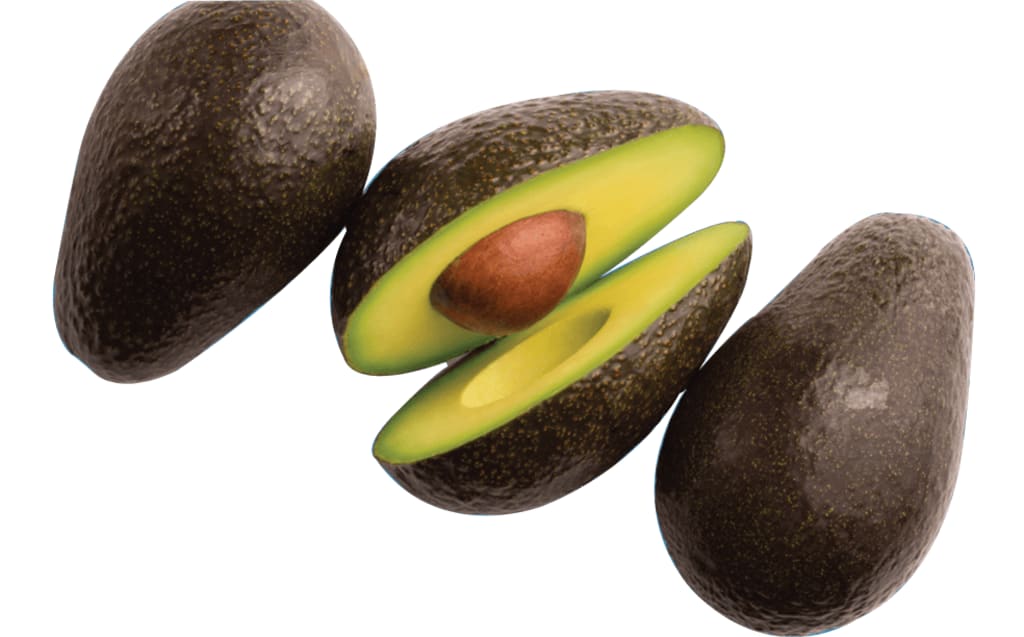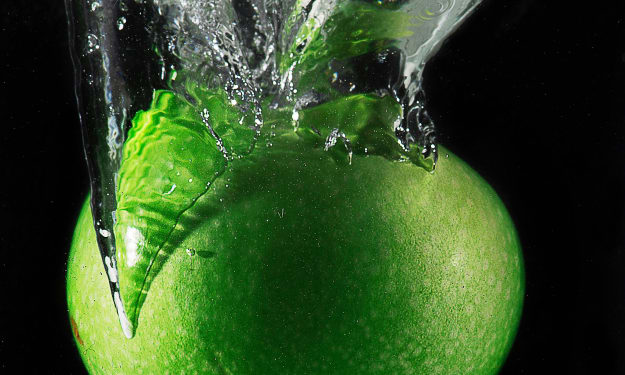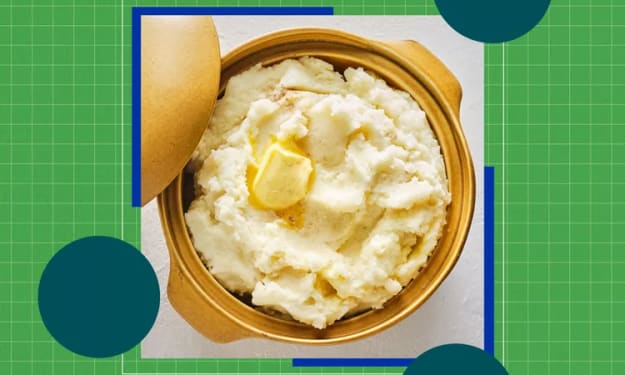The Top 9 High-Fat Foods for Your Health.
Even nevertheless, foods with all the fat may have advantages over those with decreased or no fat. They often have less processing and fewer sugar and carbohydrates.

Researchers have discovered that dietary fat can have some advantages, despite it historically being avoided and stigmatized as a significant cause of heart disease.
Saturated fat consumption should be kept at less than 10% of total calories, according to the American Heart Association. Although some saturated fats, such as those in dairy products, might not have the same adverse effects as saturated fats found in red meat.
Here are 9 really healthful high-fat foods.
1. Avocados
In the realm of fruits, avocados are exceptional. Avocados are high in fats, unlike most fruits, which are mostly composed of carbohydrates.
In fact, avocados are considerably higher in fat than the majority of animal meals because they contain roughly 80% fat by calories.
Per 5-ounce (150-gram) serving, avocados rank among the finest food sources of potassium in the diet, delivering 15% of the Daily Value (DV). Additionally, they contain a lot of antioxidant substances.
The cholesterol profiles of participants improved after eating one avocado each day for five weeks, according to a study including 45 men and women.
Additionally, fiber, which has several advantages for the digestive system, the heart, and weight control, is abundant in them.
2. Cheese
Despite its dubious image, cheese is surprisingly nutritive.
Along with many other nutrients, it is a fantastic source of calcium, vitamin B12, phosphorus, and selenium.
Additionally, it has a lot of protein. One ounce (28 grams) of cheese has 6 grams, which is almost as much as a glass of milk.
In contrast to reduced-fat dairy, cheese, like other high-fat dairy products, does not appear to raise the risk of heart disease, as was previously believed.
3. Dark chocolate
In addition to being delicious, dark chocolate is also a healthy meal. It has a relatively high fat content, with fat making up about 65% of the calories.
Dark chocolate also has fiber and a number of important elements, such as iron and magnesium, which some individuals may not get enough of.
It also contains a ton of antioxidants, including epicatechin and resveratrol, which may have anti-aging and performance-enhancing properties. Resveratrol is the antioxidant that gives red wine its health benefits.
It's crucial to buy dark chocolate that contains at least 70% cocoa because other brands contain more added sugar and fewer of the beneficial vitamins and antioxidants that dark chocolate offers.
4. Whole eggs
Because the yolks are so heavy in cholesterol and fat, whole eggs used to be stigmatized as being unhealthy.
The cholesterol in eggs, however, does not adversely influence the cholesterol in the blood, at least not in most people, according to recent studies.
Furthermore, eggs are incredibly nutrient-dense and contain a wide range of vitamins and minerals. Choline is one instance; it is essential for the brain yet 90% of people don't receive enough of it. 50 grams of one egg (or 27% of the DV) for choline.
Another meal that supports weight loss is eggs. They include a lot of protein, which helps keep you fuller between meals and help you consume less calories.
Eggs can be a nutritious complement to any diet, yolks and all.
5. Fatty fish
One of the most nutrient-dense sources of animal protein now available is fatty fish. This comprises fish species like herring, mackerel, sardines, trout, and mackerel.
These fish are a great source of high-quality proteins, heart-healthy omega-3 fatty acids, and a range of vitamins and minerals.
According to research, regularly consuming fatty fish may improve cognitive performance, assist in controlling blood sugar levels, and lower the chance of developing heart disease.
It might be beneficial to take a fish oil supplement if you can't (or don't want to) consume fish. The best fish liver oil is cod. It also has a lot of vitamin D and all the omega-3s you require.
6. Nuts
Nuts are very nutritious. They are a strong plant-based source of protein and are abundant in fiber and beneficial fats.
Additionally rich in magnesium, which is a mineral that the majority of people don't receive enough of, nuts also contain vitamin E.
According to studies, those who eat nuts are often healthier and are at a lesser risk of contracting a number of ailments. This includes heart disease, type 2 diabetes, and obesity.
Almonds, walnuts, macadamia nuts, and a variety of other nuts are all healthy.
7. Chia seeds
Thought to be a "light" diet, chia seeds actually contain 11 grams of fat in a single ounce (28 grams) of the seeds.
Furthermore, chia seeds have a high fiber content, which means that the majority of their calories really originate from fat as almost all of their carbohydrates are fiber.
Moreover, these fats are not just ordinary fats. Alpha-linolenic acid, an essential omega-3 fatty acid that promotes heart health, makes up the majority of the lipids in chia seeds (ALA).
Chia seeds may also provide a host of health advantages, including the ability to reduce blood pressure and have anti-inflammatory properties.
Additionally, they are quite nutritious. Chia seeds are full of nutrients and are also high in fiber and omega-3 fatty acids.
8. Extra virgin olive oil
Extra virgin olive oil is another fatty item that almost everyone believes is healthful. It contains a lot of oleic acid, a fatty acid with potent anti-inflammatory properties.
This fat is a crucial part of the Mediterranean diet, which has been linked to a number of advantages for heart health, blood sugar control, and weight loss.
Although it is incredibly adaptable in the kitchen, roasted vegetables and homemade salad dressings are where it really shines.
9. Full-fat yogurt
Yogurt with added fat may be nutrient-rich. It contains all the same vital elements as other dairy products with a high fat content.
It also contains a ton of beneficial probiotics, though, which can have a significant impact on your health.
According to studies, yogurt may aid with weight control, reduce the risk of heart disease, and even enhance digestive health.
Furthermore, evidence indicates that when compared to fat-free or reduced-fat dairy, full-fat dairy has no harmful health impacts.
It's crucial to choose yogurt made with full-fat or whole milk, and pick a variety with little to no added sugar.
The final word
Research now demonstrates that some fats do not pose the negative concerns for heart health that it was once believed to. Although high-fat foods were once thought to be low in nutrients.
Naturally high-fat foods may also be less processed while still providing equal health advantages to their low-fat equivalents.
Even though they have more calories, the high-fat items on this list can easily be incorporated into a diet that is rich in complete foods and nutrients.
About the Creator
Fruits And Plants Diary - Get Insight
As a writer, here is the right place to access unique and interesting stories where people always enjoy reading through simple words.






Comments
There are no comments for this story
Be the first to respond and start the conversation.